About USMLE
The United States Medical Licensing Examination ® (USMLE®) is a three-step examination for medical licensure in the U.S. The USMLE assesses a physician’s ability to apply knowledge, concepts, and principles, and to demonstrate fundamental patient-centered skills, that are important in health and disease and that constitute the basis of safe and effective patient care.
Unlike other knowledge-based exams, the USMLE thoroughly assesses how well you can apply your skills, values, and attitudes to real life, patient-centered scenarios. Not only is it valuable practice for you as a future physician; it shows licensing authorities how you will operate on the job, both on and off the table. Now put on those mental scrubs and show them what you’re made of.
THE USMLE STEP 1
The USMLE Step 1 is a one-day computer exam taken by most medical students at the end of their second year of medical school. It is also taken by thousands of international medical graduates (IMGs) who wish to practice medicine in the United States. The Step 1 includes no more than 280 multiple-choice questions and spans 8 hours of testing, broken down into seven 1-hour blocks of 40 questions each.
The USMLE Step 1 emphasizes basic science principles, specifically anatomy, behavioral science, biochemistry, microbiology, pathology, pharmacology, and physiology. Interdisciplinary areas such as genetics, immunology, and nutrition are also tested.
The test is administered by appointment on a year-round basis. When planning your USMLE prep, factor in 6 to 9 months for Step 1 review.
THE USMLE STEP 2 CK
The USMLE Step 2 CK is a multiple-choice exam designed to determine whether the examinee possesses the medical knowledge and understanding of clinical science considered essential for the provision of patient care under supervision. The Step 2 CK includes approximately 318 questions and spans 9 hours of testing, broken down into eight 1-hour blocks of about 40 questions each.
The USMLE Step 2 CK will include two multiple-choice formats: Single Best Answer and Single Answer Matching. The exam may also contain patient-centered vignettes with a series of associated questions. Topics are presented randomly. For example, there is no unique pediatrics section. You’ll face the challenge of having to switch from one topic to another without skipping a beat.
The test is administered by appointment on a year-round basis. When planning your USMLE review, factor in 4 to 6 months for Step 2CK prep.
THE USMLE STEP 2 CS
The communication skills component of the exam are evaluated through the following areas:
- Fostering the relationship
- Gathering information
- Information provision
- Making decisions
- Supporting emotions
- Enabling patient behaviors
Over the longer term, more advanced functions will be incorporated.
Implementing this model will alter how standardized patients (SPs) are trained as well as broaden the range of behaviors on which examinees will be evaluated. This evaluation process eliminates the history checklist formerly used by SPs to evaluate whether certain examinee behaviors occurred. SPs are now trained on a particular personality profile, thus allowing them to respond in a more natural manner to examinee questions.
The NBME’s decision to refine the CS examination was based on the ever-increasing awareness of the importance of communication skills and changes in the nature of the doctor-patient relationship. More patient-centered approaches, more patient involvement in decision-making and the need to support patients in making lifestyle changes are now commonplace and vital physician duties. Because residents are deeply involved in all of these types of activities, the assessment of their communication skills must reflect and be adapted to assess these activities as well.
THE USMLE STEP 3
The USMLE Step 3 is a 2-day computerized examination with approximately 500 multiple-choice questions, as well as computer-based case simulations (CCS) which assess your ability to evaluate history and physical exam information, order diagnostic tests, select initial therapies, and manage the patient.
The USMLE Step 3 primarily focuses on patient management (45-55% of questions). Other topics include history and physical; lab and diagnostic studies; diagnosis; prognosis; and pathophysiology—each consisting of about 8-12% of the exam questions. In addition, each question falls into one of three clinical encounter frames: initial workup; continued care; and emergency care.
The test is administered by appointment on a year-round basis.
STEP 3 HAS CHANGED. SO HAS OUR COURSE.
It includes more questions about foundational science essential for effective healthcare; biostatistics, epidemiology, and population health management; medical literature interpretation; medical ethics; and patient safety. Students are able to schedule the exam on two non-consecutive days, named Step 3 FIP (Foundations of Independent Practice) and Step 3 ACM (Advanced Clinical Medicine).
Get the updated Step 3 Lecture Notes and 6 hours of new online video content comprised of patient safety, population health management, interpretation of medical literature and medical ethics.


